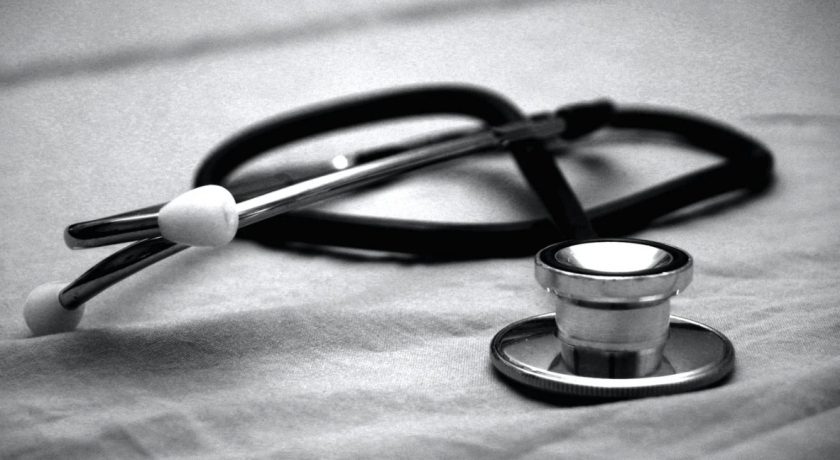When Healthcare Fails: Steps to Protect Yourself

When healthcare goes wrong, the results can be disastrous for the patients affected. But since healthcare is provided by human beings, the occasional mistake does occur.
Let’s take a look at how the system, and the people who work within it, might fail – and what patients might do to protect themselves.
Recognising the Signs of Healthcare Failure
The first step toward correcting a mistake is to recognise that one has occurred. The warning signs of substandard treatment are sometimes difficult to spot. In some cases, problems can arise not because the care itself is bad, but because communication between the healthcare professionals and the patient has broken down.
Documenting the Problem and Seeking a Second Opinion
If you suspect that your care isn’t what it should be, then you should document all of the symptoms you’re experiencing, and the treatments you’re undergoing. You might then seek the opinion of another medical professional, who can provide you with a second opinion. This might then inform a decision to pursue a different kind of treatment.
Under the NHS Constitution, patients have a right to withdraw consent for treatment. Thus, if you don’t feel that a particular treatment is going well, it might be a good idea to reconsider.
Filing a Formal Complaint
Where your treatment has been substandard, you can lodge a formal complaint with the healthcare provider, or with the industry regulator. In the case of doctors, this is the General Medical Council in the UK. Submitting a formal complaint will help you to draw attention to your situation, and it might help you when you come to seek compensation via the courts, later on.
Understanding Legal Options and Seeking Compensation
A medical negligence claim might be appropriate in some situations. To demonstrate that medical negligence has occurred, a claimant will need to demonstrate that they have suffered as a result of care that has fallen below the standard that would have been administered by a competent medical practitioner or organisation in the same circumstances.
Demonstrating this usually means getting the right representation on your side. A good medical negligence solicitor will be able to guide you through the process, while limiting your involvement in it. They’ll be able to bring in the right expert witnesses to make your case, and they’ll often proceed on a no-win, no-fee basis, giving you peace of mind.
Spotted something? Got a story? Email: [email protected]
Latest News
